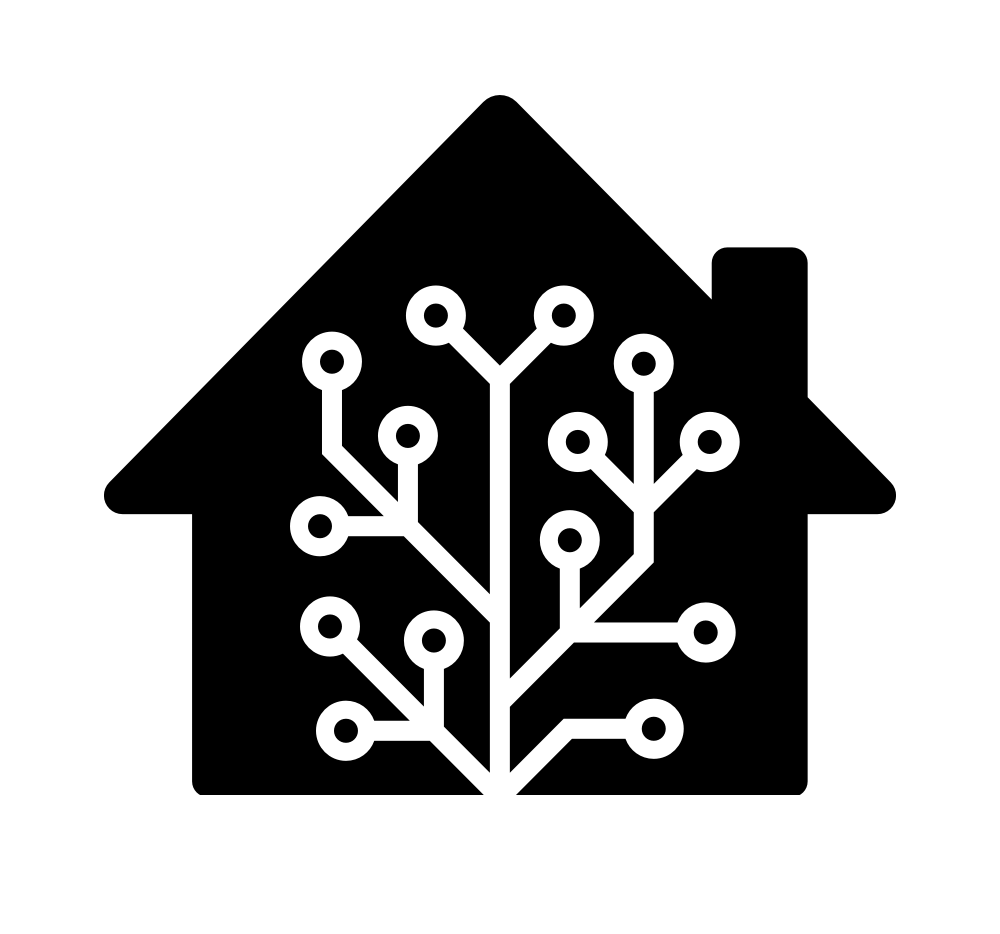

I have a background in distributed systems and some background in security (I’m by no means a cryptography expert but I do know more about the subject than average developers), and I’d say that at this stage you shouldn’t worry too much about meeting all parts of some guideline or another; they’re often geared more towards bigger teams and slightly more established projects. What I think could benefit you would be first of all to have a clear idea of what exactly you want to accomplish (from a security standpoint, not necessarily so much from a functionality standpoint) if you don’t already have have one, ie. what sort of guarantees do you want to be able to make. Doesn’t have to even be a public document at first, just some notes and sketches for yourself. Then you’d want to find other projects with similar guarantees and aims and see how they did things, find research papers on the subjects and so on. Security guidelines can be useful, but generally it’s more useful to understand why something is in a guideline in the first place. For a project such as yourst I would personally really emphasize design documents and research over code at an early stage, because you need to have a clear goal in mind before you start cranking out code which might turn out to be worthless (at least to some degree) after you run into problems with your approach. Not saying that the documentation has to be public, just that you / the team know exactly what the goal is.
“Encrypted P2P chat” can mean vastly different kinds of projects, with very different aims. For example, do you want perfect forward secrecy? If so, you’d want to find out the challenges associated with it, especially in relation to interactivity since you’re building a P2P architecture, etc. etc. Same with anonymity / user “traceability” like I mentioned earlier; you need to have a clear picture of what kinds of guarantees do you want the users to have to be even able to say what kinds of best practices you’d have to follow.
Sorry, that turned into a bit of a ramble and might be completely obvious to you already, since I have no idea about your background and the level of research you’ve already done.


With “guarantees” I meant things like whether you want to have perfect forward secrecy, or whether you want to provide some degree of deniability, and so on, not so much what kinds of guarantees you’re relying on although they’re definitely also good to keep in mind.
“As secure as possible” is a very all-encompassing goal which doesn’t really say much – what I was trying to get at with my point about the guarantees you want to make is that you’ll want to have a clear idea of what you actually mean with “as secure as possible” so you’ll know what sort of eg. architectural decisions to make before you do a lot of work and paint yourself into a corner.
It’s a very ambitious project, but I can guarantee it’ll probably be very interesting to work on and you’ll learn a lot regardless of the outcome, and I’m definitely rooting for you.